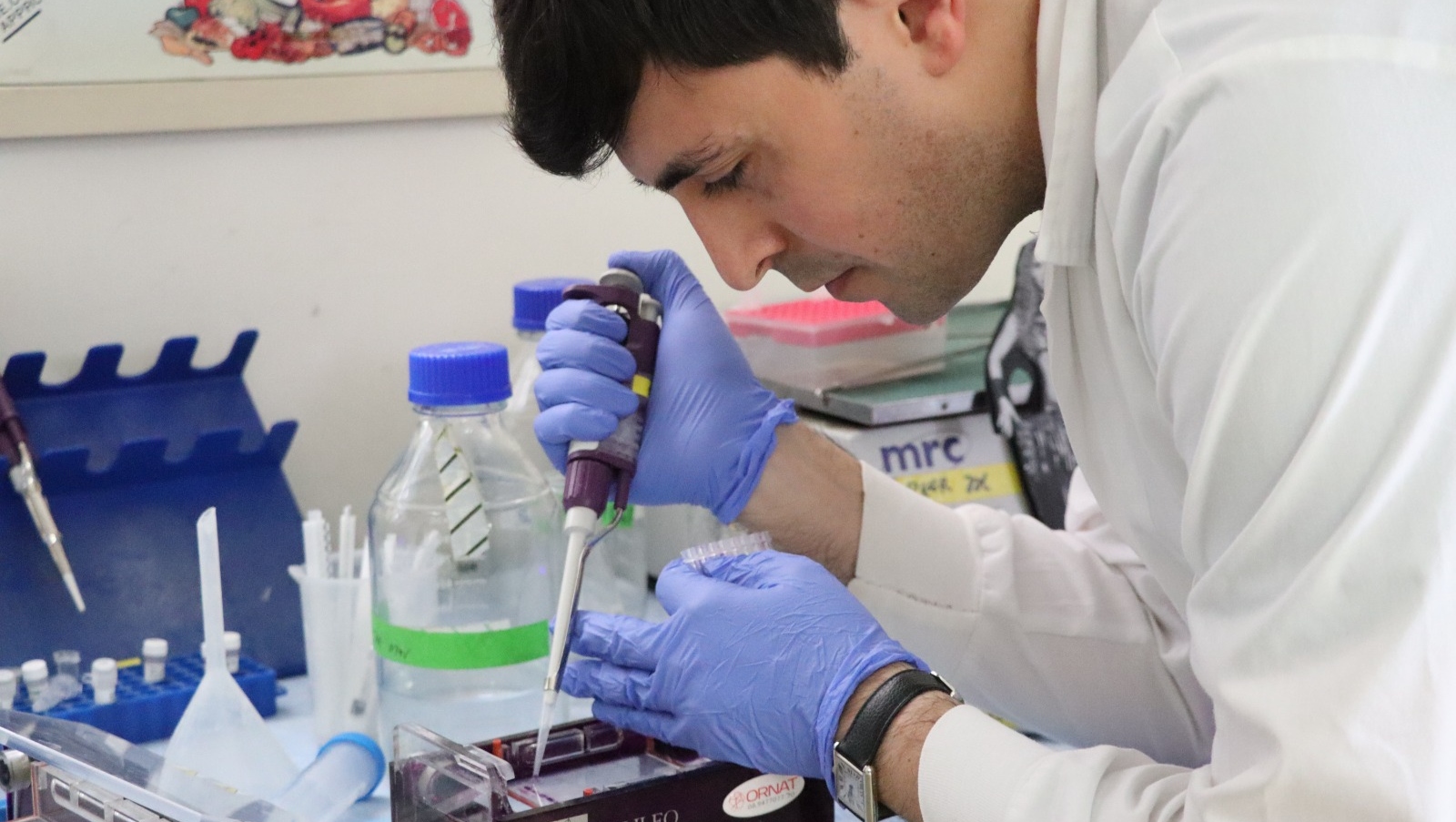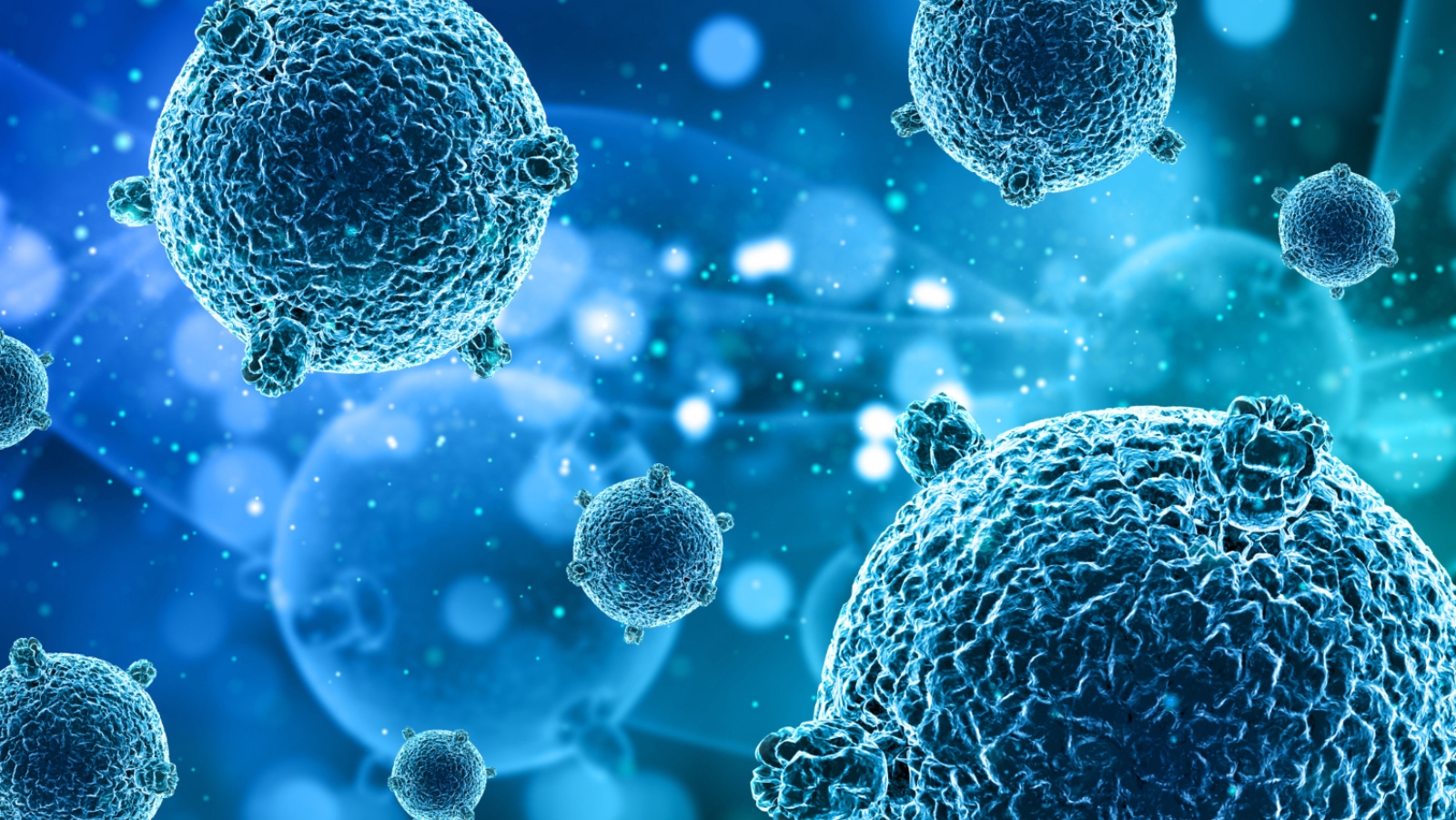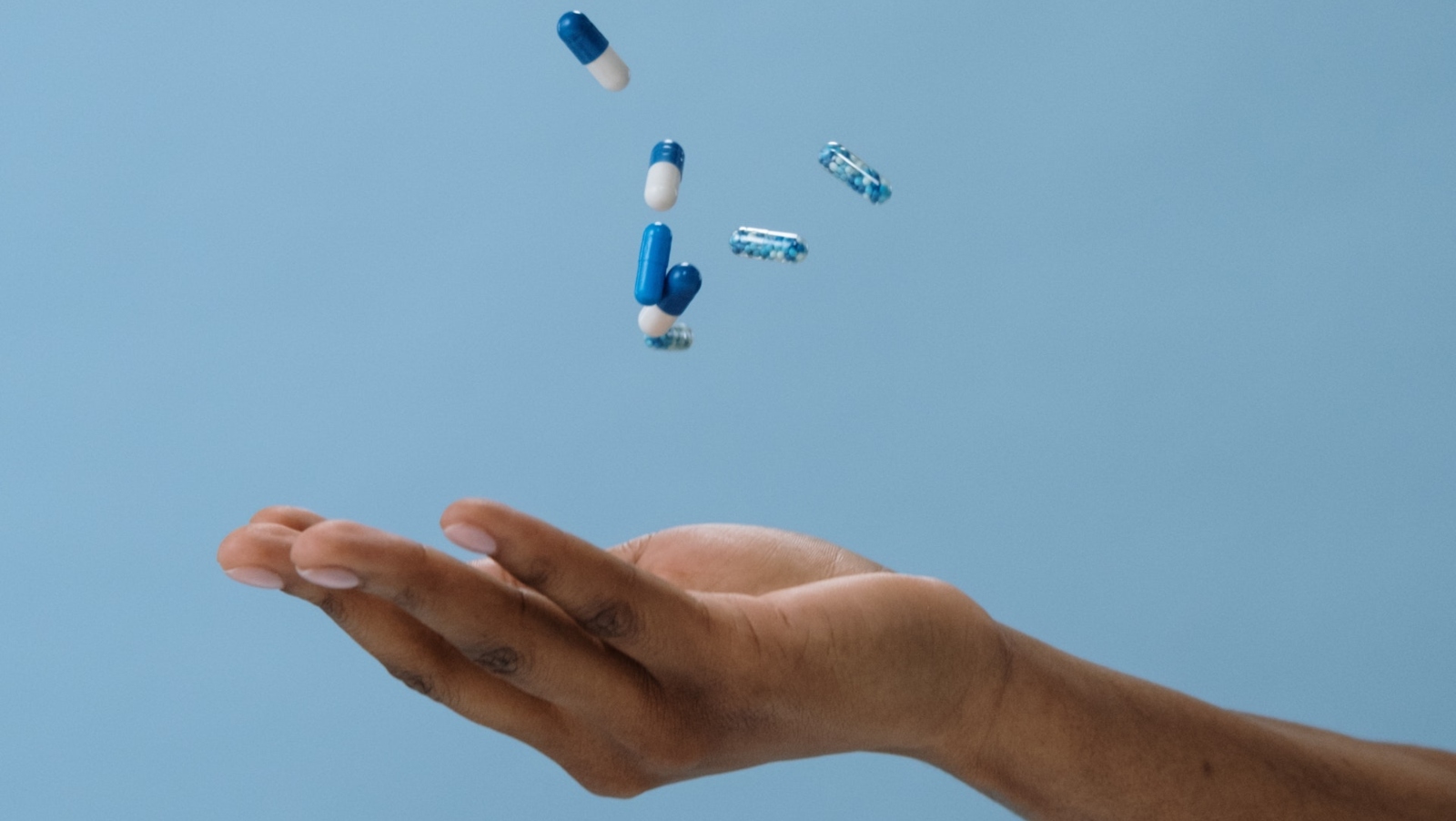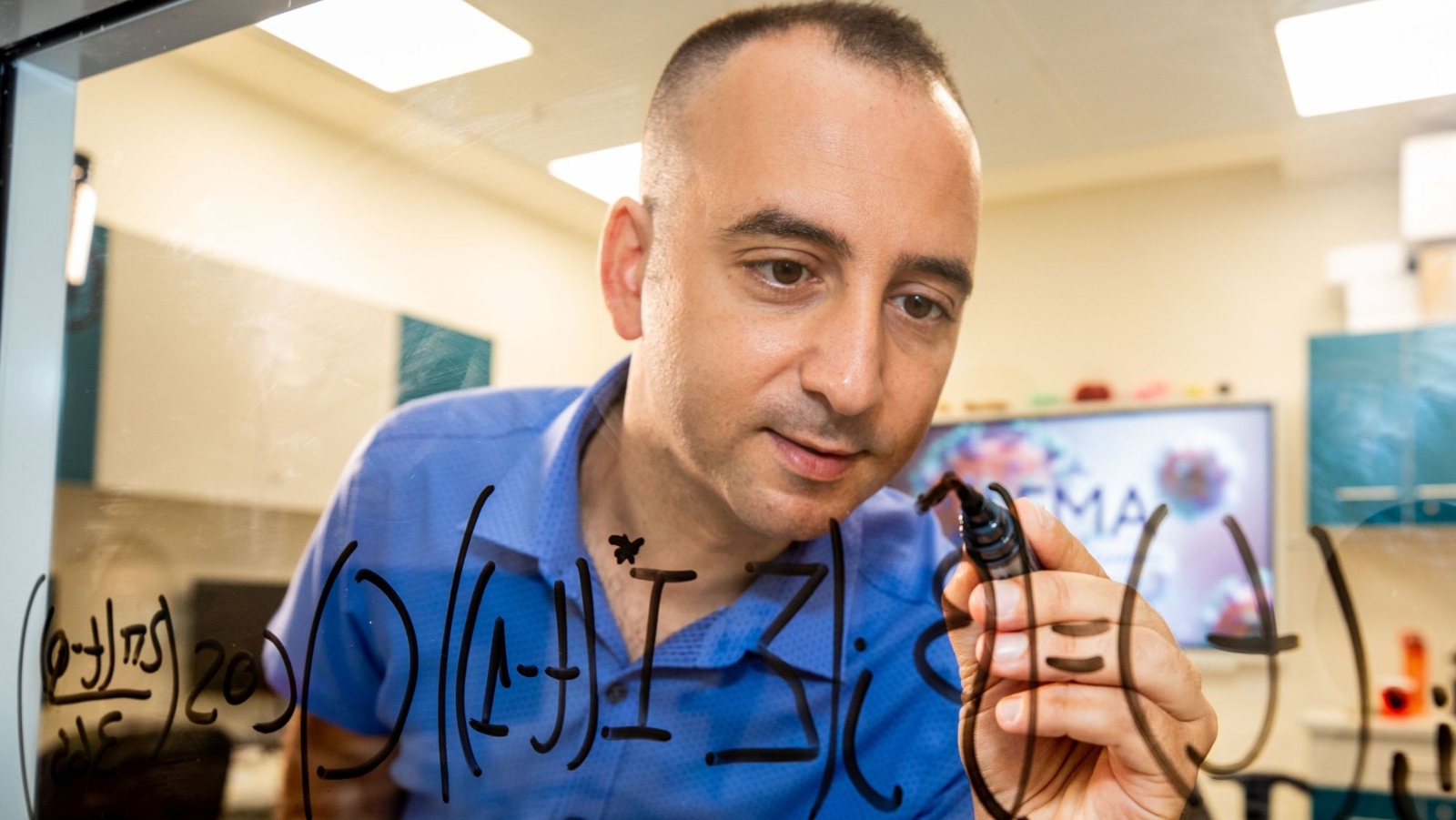
Researchers develop micro robot to target damaged cells
Inspired by bacteria and sperm cells, hybrid robot can navigate in a biological sample and transport dying cells for further analysis.

Inspired by bacteria and sperm cells, hybrid robot can navigate in a biological sample and transport dying cells for further analysis.

Surprising study finds evidence that living next to humans could be leading to initial stages of domestication in jackals.

Researchers find nicotine in kids’ hair, suggest parents avoid smoking within 10 meters from the house and 10 meters away from children in open areas.

Jack Ma, one of China’s richest people, accepts visiting professorship to assist university’s research efforts on sustainable agriculture and food.

Scientists achieve 80% survival rate in animals using a protein as an alternative to traditional treatments.

Gaze-contingent music reward therapy helped relieve the symptoms of 50 percent of patients, in similar success rate to Cipralex treatment.

Groundbreaking study proves that plants emit ultrasonic noises beyond human hearing range but detectable by bats, rodents and insects.

So far, mRNA vaccines have been effective against viruses but not against bacteria. That may soon change.

Brain scans of politically involved people reveal that their politics can be predicted according to early brain region response to campaign ads.

Study rejects current theories and explains the origins of self-harm in those with autism.

Communication systems on the nanosatellite and the ground station can reconstruct lost data in real time using smart signal processing algorithms.

The viruses were found in soil samples, lakes and oceans and their discovery could help protect agriculture from harmful fungi and parasites.

5 years after surgery, cancer spread in 12.5% of patients who got drugs for anxiety, pain and inflammation, compared to 50% in control group.

First study of its kind monitored physiological data of nearly 5,000 Israelis for two years, finding no unusual adverse events.

Technology developed at Tel Aviv University enables advancement of delivery systems for controlled release of drugs in the body using UV light.